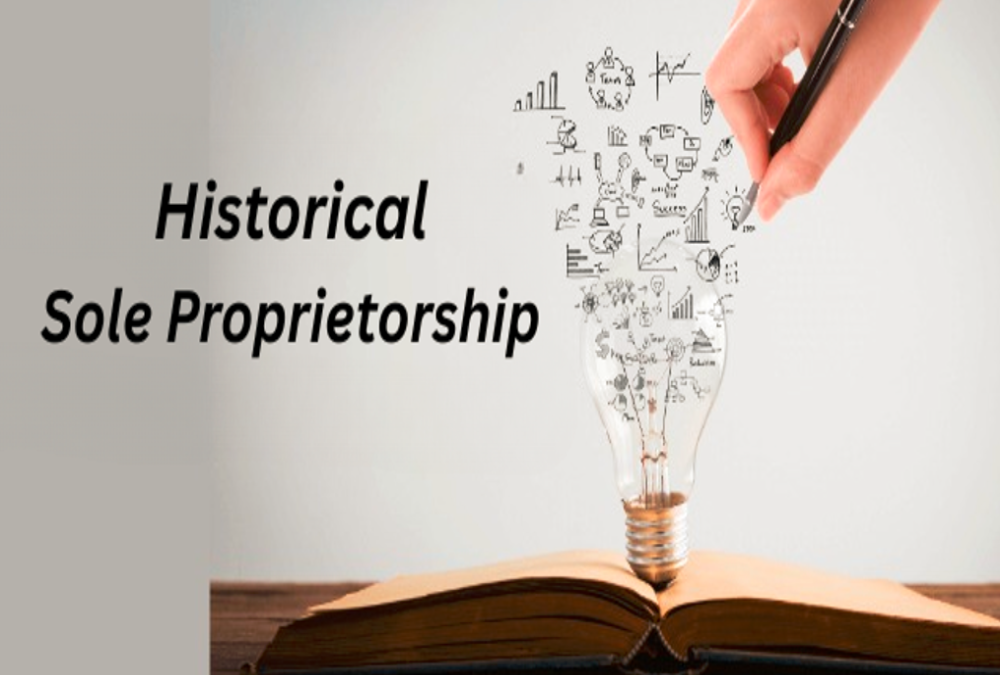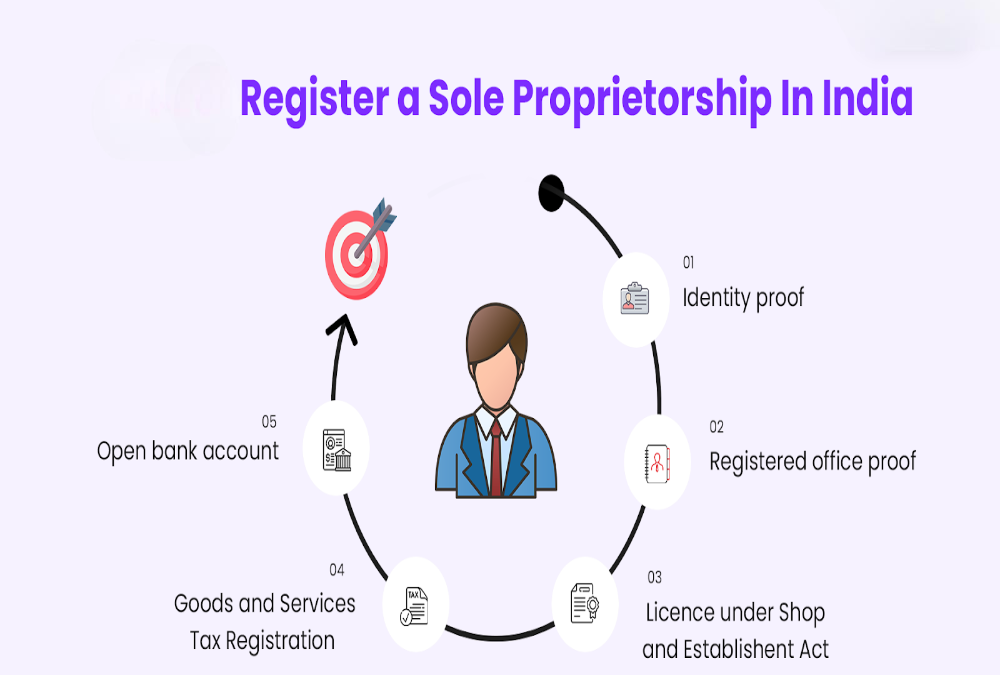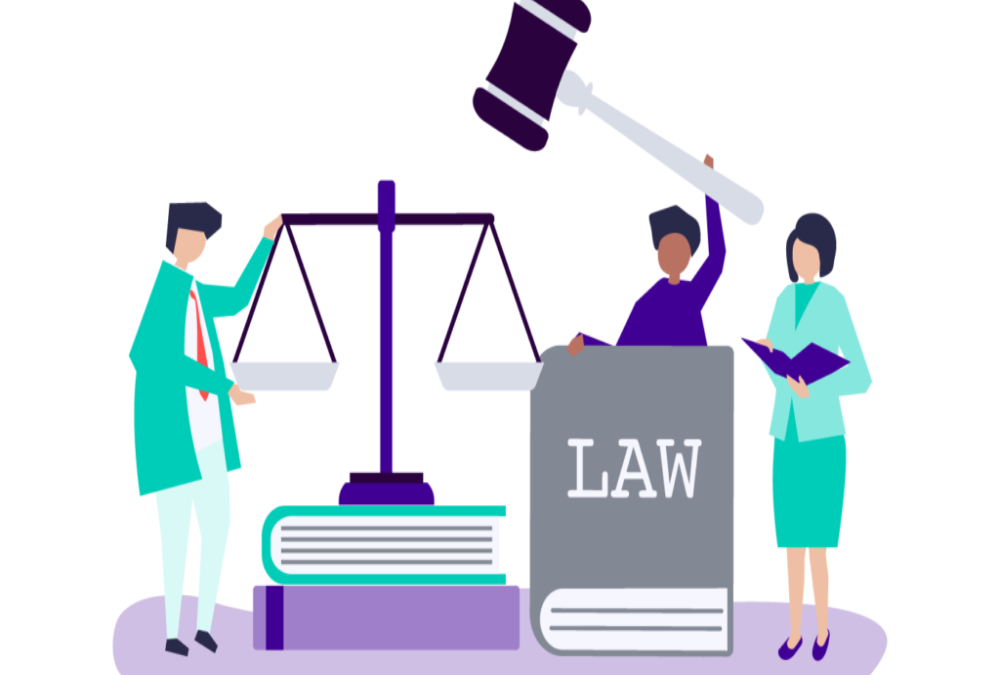
by Audit Analyst | Jun 7, 2025 | Partnership Firm
Introduction Mutual agency is a foundational principle in the law of partnerships and serves as one of the most defining characteristics distinguishing partnerships from other forms of business associations. Under the Indian Partnership Act, 1932, mutual agency refers...

by Audit Analyst | Jun 6, 2025 | Sole Proprietorship
1. Personal Identity and Brand Overlap In a sole proprietorship, the business and the owner are legally the same, so the brand often reflects the individual’s name, reputation, and personality Customers may associate the brand directly with the owner’s values,...

by Audit Analyst | Jun 6, 2025 | Sole Proprietorship
1. Ancient and Pre-Industrial Foundations The sole proprietorship emerged organically in early civilizations such as Mesopotamia, Egypt, India, and Greece Individuals engaged in trade, agriculture, craftsmanship, and local services under their personal name These...

by Audit Analyst | Jun 6, 2025 | Sole Proprietorship
1. Business Name Selection and Usage Choose a unique and relevant business or trade name No formal registration is needed for the name unless trademark protection is sought Use the chosen name consistently across documents, invoices, and signage Some states may...

by Audit Analyst | Jun 6, 2025 | Sole Proprietorship
1. No Mandatory Business Registration A sole proprietorship does not need to be registered under the Companies Act It can legally begin operations without incorporation or formal approval from the Ministry of Corporate Affairs The business operates in the owner’s name...







